Trustee Week is a week of celebration around the fact that the voluntary sector simply could not survive without trustees. Trustee Week’s website cites research lead by Cass Business School, Cranfield Trust and WCOMC, which concluded that;
‘Charity trustees, who are overwhelmingly volunteers, feel positively about their role and about the personal reward and satisfaction it gives them. It also highlights that trustees’ contribution to charities amounts to a monetary equivalent of around £3.5 billion a year’.
Lucky for everyone then, that high satisfaction levels mean that trustees, with a whole range of skills, are willing to come together for the greater good of their charities. The Charity Commission guidance on recruiting trustees adds an additional layer;
‘As well as skills, consider if your trustees’ background and experiences can help:
- Bringing different points of view to a discussion
- Giving insight into your beneficiaries’ needs and experience
- Making contacts in the community
- Thinking of new ways of doing things’
The Governance Code goes further, believing that ‘diversity, in the widest sense, is essential for boards to stay informed and responsive and to navigate the fast-paced and complex changes facing the voluntary sector’. The Code recommends the term diversity should include ‘the nine protected characteristics of the Equality Act 2010 as well as different backgrounds, life experiences, career paths and diversity of thought’.
Given all of the above, perhaps one of the biggest challenges is defining what ‘blend’ of trustees will produce the desired outcomes. Put another way, the alchemy that moves it from skills, diversity and so on to the winning formula.
For instance, the fact that a Board scores highly on personal reward and satisfaction for its trustees will be irrelevant if those trustees are not prepared to ask at times the more probing questions. Equally, a Board where everyone is keen to ‘bring different points of view to a discussion’ each meeting may not work that well as trustees compete to get their voices heard. Many trustees are recruited for a mix of technical knowledge and a sort of wisdom that has often developed over many years, but bringing in younger trustees can add a much needed dimension for the charity.
A final but equally important consideration is the requirement for trustees to engage with paid staff in many charities. As well as my role with Dance Professionals Fund, I am also a trustee of a charity too and this has proved to be a very useful experience. It has enabled me to truly understand what it means to be on the other side of the table. I would advise all charity CEOs to follow suit if possible. The need to be encouraging, while at the same time interrogative, is essential for trustees. Possessing high levels of emotional intelligence can be of great benefit in navigating this area.
Trustee Week encapsulates the overarching requirements for Board membership in what it describes as ‘governance strengths’. If you are a trustee, or thinking of becoming one, and want to test out y what your own governance strengths are, I suggest you go to the online quiz to find out;
http://trusteesweek.org/trustee-personality-quiz/ Trustees Week is from the 4-8 November 2019






